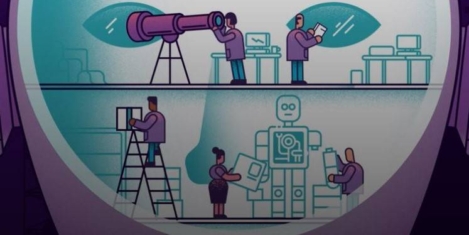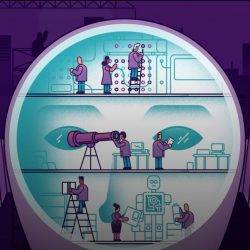To provide the best experiences, we use technologies like cookies to store and/or access device information. Consenting to these technologies will allow us to process data such as browsing behaviour or unique IDs on this site. Not consenting or withdrawing consent, may adversely affect certain features and functions.
The technical storage or access is strictly necessary for the legitimate purpose of enabling the use of a specific service explicitly requested by the subscriber or user, or for the sole purpose of carrying out the transmission of a communication over an electronic communications network.
The technical storage or access is necessary for the legitimate purpose of storing preferences that are not requested by the subscriber or user.
The technical storage or access that is used exclusively for statistical purposes.
The technical storage or access that is used exclusively for anonymous statistical purposes. Without a subpoena, voluntary compliance on the part of your Internet Service Provider, or additional records from a third party, information stored or retrieved for this purpose alone cannot usually be used to identify you.
The technical storage or access is required to create user profiles to send advertising, or to track the user on a website or across several websites for similar marketing purposes.
 City & Guilds Group is calling on Government to urgently rethink how skills and education policy in the UK is designed and delivered, in light of a new report launched by the Group today. Sense and Instability 2019 finds that important lessons from the implementation of skills policy over several decades have not been learned, meaning badly-needed training and education programmes are not fit for purpose or delivering the right results for people, businesses and the economy.
City & Guilds Group is calling on Government to urgently rethink how skills and education policy in the UK is designed and delivered, in light of a new report launched by the Group today. Sense and Instability 2019 finds that important lessons from the implementation of skills policy over several decades have not been learned, meaning badly-needed training and education programmes are not fit for purpose or delivering the right results for people, businesses and the economy.










 Despite
Despite 












 UK-based
UK-based 











